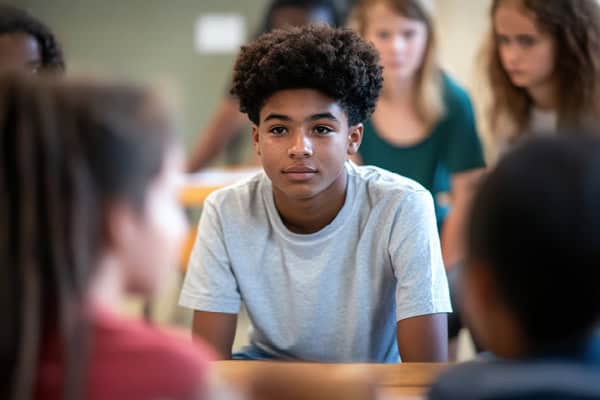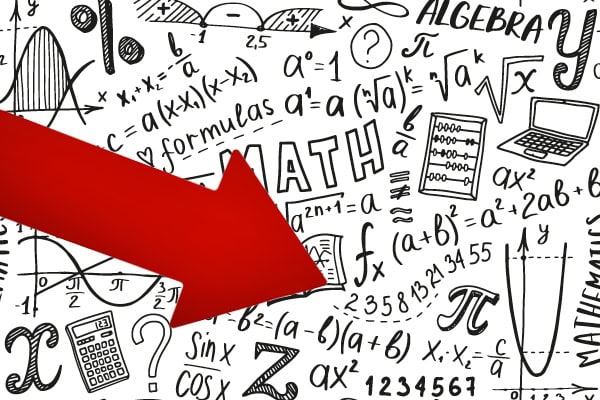Mental health challenges among New York City students have surged following the COVID-19 pandemic, and this has triggered a pivot toward peer support systems, according to Chalkbeat.
Connecting with peers is essential to coping with and overcoming mental health ills. “I feel like my experience in high school would have been completely different (with peer support),” says Gisela Rosa, a therapist and former student.
Initiatives by New York City officials have the goal of bringing mental health professionals into schools and promoting peer-led wellness clubs.
Also enhancing peer support for teens is the National Alliance on Mental Illness NYC. “Teens are far more likely to entrust mental health symptoms… to their friends,” says youth peer leader Tamar Cox-Rubien.
The National Alliance on Mental Illness NYC offers support groups led by trained volunteers with lived mental health experiences who facilitate meeting environments emphasizing mutual respect and peer-led classes with trained volunteers providing free education, skills training and support.
This model fosters a non-judgmental safe space for teens to share experiences and break out of isolation. Socialization is critical for mental well-being.
The alliance also offers teens ages 14–18 a helpline to talk with peers close to their age who understand mental health issues, answer mental health questions and listen to what’s on teens’ minds. The organization also bring mental health awareness to schools though its free End the Silence program, which offers three presentations: one for middle and high school students, one for their parents/guardians, and one for school faculty/staff. Presentations are delivered by two leaders: one shares an informative talk, and one is a young adult with a mental health condition who shares a personal journey to recovery. Presentations are available either in person or via Zoom.
May is Mental Health Awareness Month.
Chalkbeat





